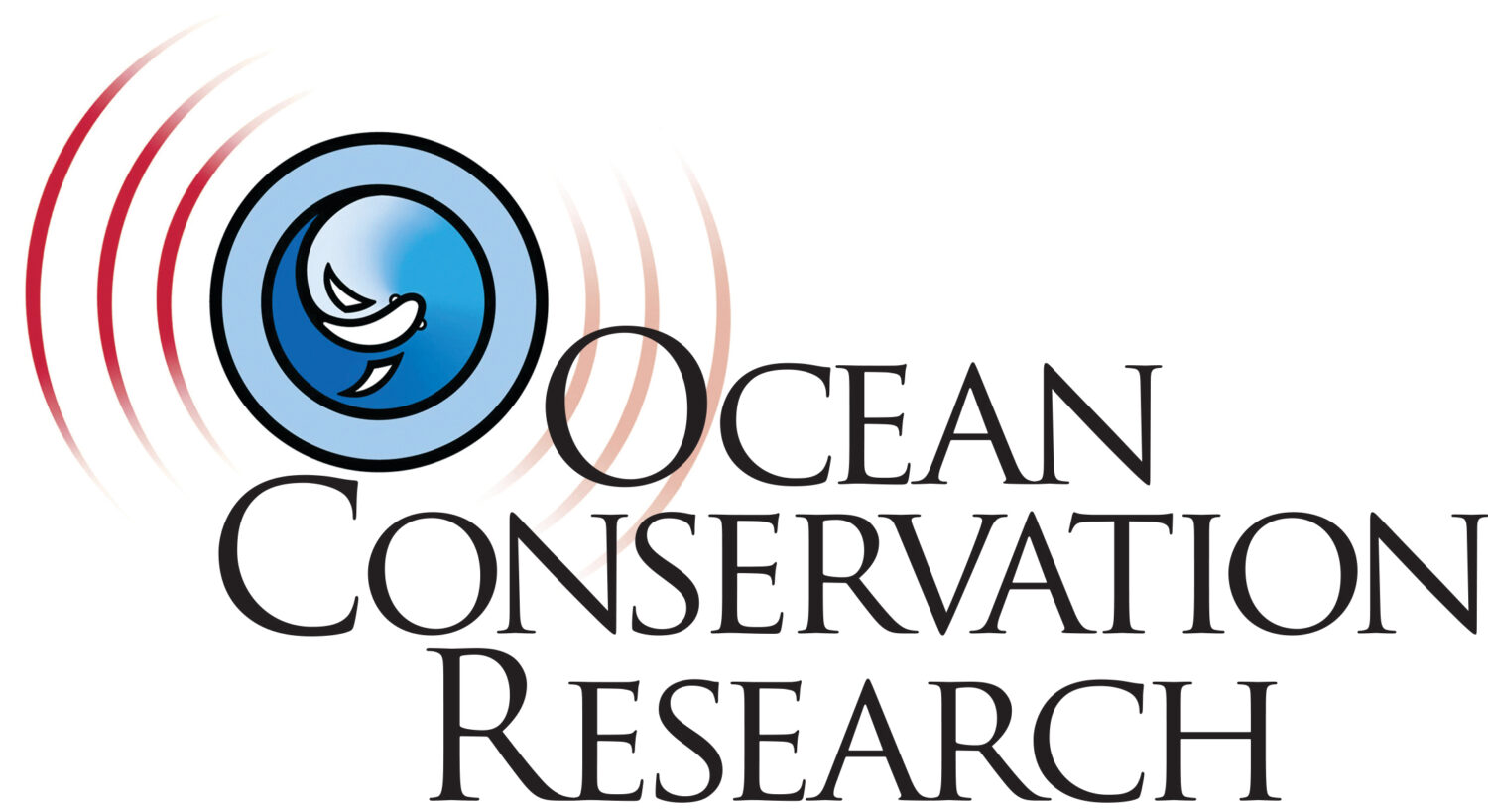By the time you might be reading this I will have been conferring with colleagues and associates at the UNESCO Headquarters in Paris under the rubric of the “International Quiet Ocean Experiment” (IQOE). The purpose of the meeting is to develop a Science Plan for the IQOE, a focused international research effort that may last a decade or so exploring the sources, impacts, and potential solutions to the ocean noise pollution problem.
The meeting will be set up in a number of concurrent sessions to work out details on monitoring, technology development, needed science, soundscape impact assessment, experimental approaches, and research design.
While the decadal time frame may seem anti-climactic in the urgency of our times, it is in the scale of the entire ocean and under the auspices of the United Nations that these grand, cooperative plans slowly unfold. And as it took quite a number of us three years to get a single sentence into the “UN Convention on the Law of the Sea” qualifying “noise” as a “trans-boundary energy pollution,” the ten year timeframe gives all of us an international toe-hold on the steep face of global policy.
It was only 20 years ago that the “Acoustic Thermography of Ocean Climate” (ATOC) program got my attention and I embarked on the ocean noise mission. At that time there were those who thought I was over-reacting, but we have seen that the problems caused by human-generated ocean noise are real. They are an increasing issue as we expand our ocean activities. The full magnitude of the effects need to be gauged and addressed.
While there may have been doubt in the past, time has a way to iron our reason. In the meantime, at events like the IQOE, I get to meet with some of the best and brightest in the field to share our knowledge, explain our perspectives, and weigh our concerns. In the end we get a chance to advance the discussion a little further down the road – and get a bit closer to solving some of the challenging acoustical problems brought about by our engagement with the sea.
Wish us magnanimity and luck!


